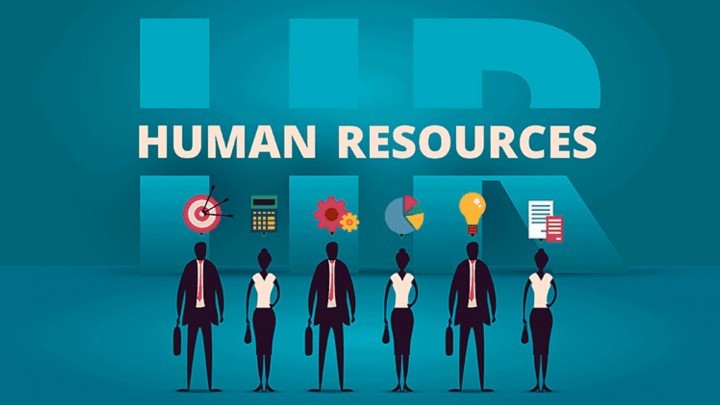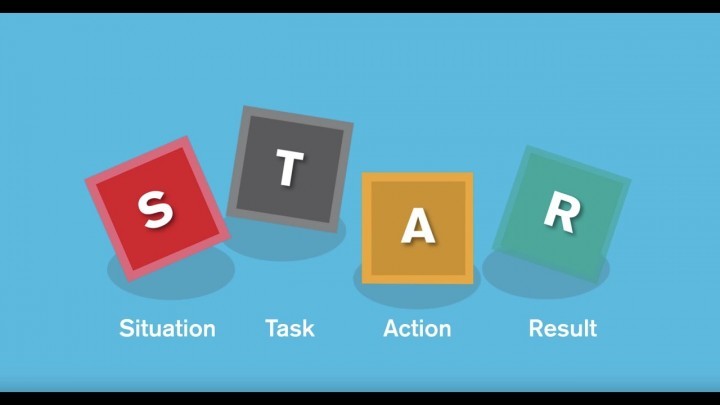
Why people quit their jobs??
Employee attrition is one of the greatest issues plaguing organizations today. Attrition has always been expensive for companies, but in many industries, the cost of losing good workers is rising, owing to tight labor markets and the increasingly collaborative nature of jobs.
Employees leave their jobs because of several reasons: it could be because of a bad manager, lack of recognition, or business practices– the possibilities are, unfortunately, endless.
It’s crucial to examine the root cause of an employee’s resignation. When an employee joins a company, they do so with the intention of a career. Employees select a company to work at in the hopes that it aligns with their ideals, skill sets, and ambitions.
But, the majority of reasons why employees quit their job are under the control of the employer. Any element of your current workplace, your culture, and environment, the employee’s perception of his or her job, and opportunities are all factors that the employer affects.
Today, HRavailable is discussing some of the many reasons why employees want to leave their workplace and companies can avoid them for better employee retention and a more positive company culture.
1. Better Opportunities
Perhaps one of the most easily understood reasons why employees leave their jobs, is that they identify more exciting opportunities elsewhere. This might mean better pay, more opportunities for promotion, better training on the job, and more.
A great way to combat this is with training opportunities at work, and regular communication between employer and employees about opportunities for growth, or more responsibilities.
2. Non-competitive Compensation and Benefits
Non-competitive compensation can be a deal-breaker for employees. Employees must be offered competitive benefits and salary packages for the turnover is a direct result of employees not being offered what they deserve in terms of recognition, or have been (intentionally or unintentionally) misled about the benefits they were meant to receive.
If the organization happens to be a small and growing business that is not able to offer highly competitive salaries and benefits packages, there always are options to offer non-cash incentives and rewards through reward and recognition programs using cost-effective solutions.
3. Too much workload
When you have a talented employee on your team, there will be always a tendency to make them work hard. But this extra workload burns the employee and they will soon feel stressed or burned out. This will make them search for new employers.
Never make an employee work more as part of giving recognition for great work. Doing so may feel like a punishment to the employee. If you are planning to increase the workload of an employee, HRavailable strongly suggests you offer them a better job status too, including a better package also. To execute this, you can offer them promotions, salary raises, title changes, etc. to reward their added responsibilities.
4. Negative Work Culture
Workplace bullying, or cliquey behaviors, are carefully monitored and dealt with in the best workplaces. But they can also be more insidious and difficult to spot. When employees leave their jobs due to negative work culture, it can often be because the behaviors were difficult to report.
Ensuring that there is an open line of communication — with confidentiality assured if needed — can be key to combatting this. Team building activities, socializing, and fostering a considerate, respectful atmosphere can also be essential for worker happiness and retention.
5. No Recognition
Not getting recognition is one of the top reasons why employees leave their organizations. Lack of recognition leads employees to leave their current employer and go looking for new opportunities.
Employers can combat this by developing ways to reward employees, such as by offering incentives, challenges, and even awards. Employers who regularly praise workers and thank them for their contributions are more likely to retain a happy workforce.
6. Bored with the Work Nature
No one wants to be bored and unchallenged by their work. Really. If you have an employee who acts as if they are you need to help them find their passion. Employees want to enjoy their job.
With regular communication and honest discussion, challenges can be created through extra training, more responsibilities, the creation of new roles and titles, and more. When employees feel challenged, they often push themselves to perform better — giving greater value to both themselves and their employers.
The greater sense of accomplishment, confidence, and job satisfaction that comes from being challenged, means employees are much more likely to stay in the role.
7. Relationship with Co-workers
Research indicates that one of the 12 factors that illuminate whether an employee is happy on their job is having a best friend at work.1 Relationship with co-workers retains employees. Notice and intervene if problems exist and the employees appear unable to solve the problem themselves.
8. Lack of Flexibility
Many workers are trying to balance their work responsibilities with family life, and nowadays there are higher expectations around being able to achieve a great ‘work-life balance. Many workers leave their jobs because the hours are unsuitable or unsociable, and they are seeking greater flexibility.
More discussions around flexibility, as well as offering the opportunity to work remotely, or from home, can help to combat this. It can be especially helpful when trying to reduce the number of worker absences or sick days that need to be taken.
9. Lack of Growth
Employees often like to have the opportunity to grow and develop professionally, but it can extend to their opinion of the company as well. Employees are more likely to stay in roles when they believe that the company itself is growing, developing, and expanding.
10. Toxic Relationship with the Boss
Employees don’t need to be friends with their boss but they need to have a rapport with them. The boss is too much of an integral part of their daily lives at work for an uncomfortable relationship. if this employee-boss relationship isn’t a good one, it can be a very unpleasant situation for the employee to be in, draining them of their energy and motivation to work. When the situation is such day in and day out, it would undermine the employee’s engagement, confidence, and commitment.
As per HRavailable If you pay attention to these ten factors, you will reduce turnover and retain your most wanted employees. If not, you’ll be holding regular exit interviews and goodbye lunches. Remember that it is expensive to recruit a new employee.
At HRavailable, we delight in connecting employers with outstanding candidates and helping them form long-term, productive working relationships.
HRavailable keeps you updated on the latest news in the UAE job market.
Get to know more in-depth knowledge on various HR-related topics visit HRavailable.
HRavailable keeps you updated on the latest news in the job market.
Get notified about the latest job openings through HRavailable and never miss a chance to get noticed by the recruiters.















































































































































